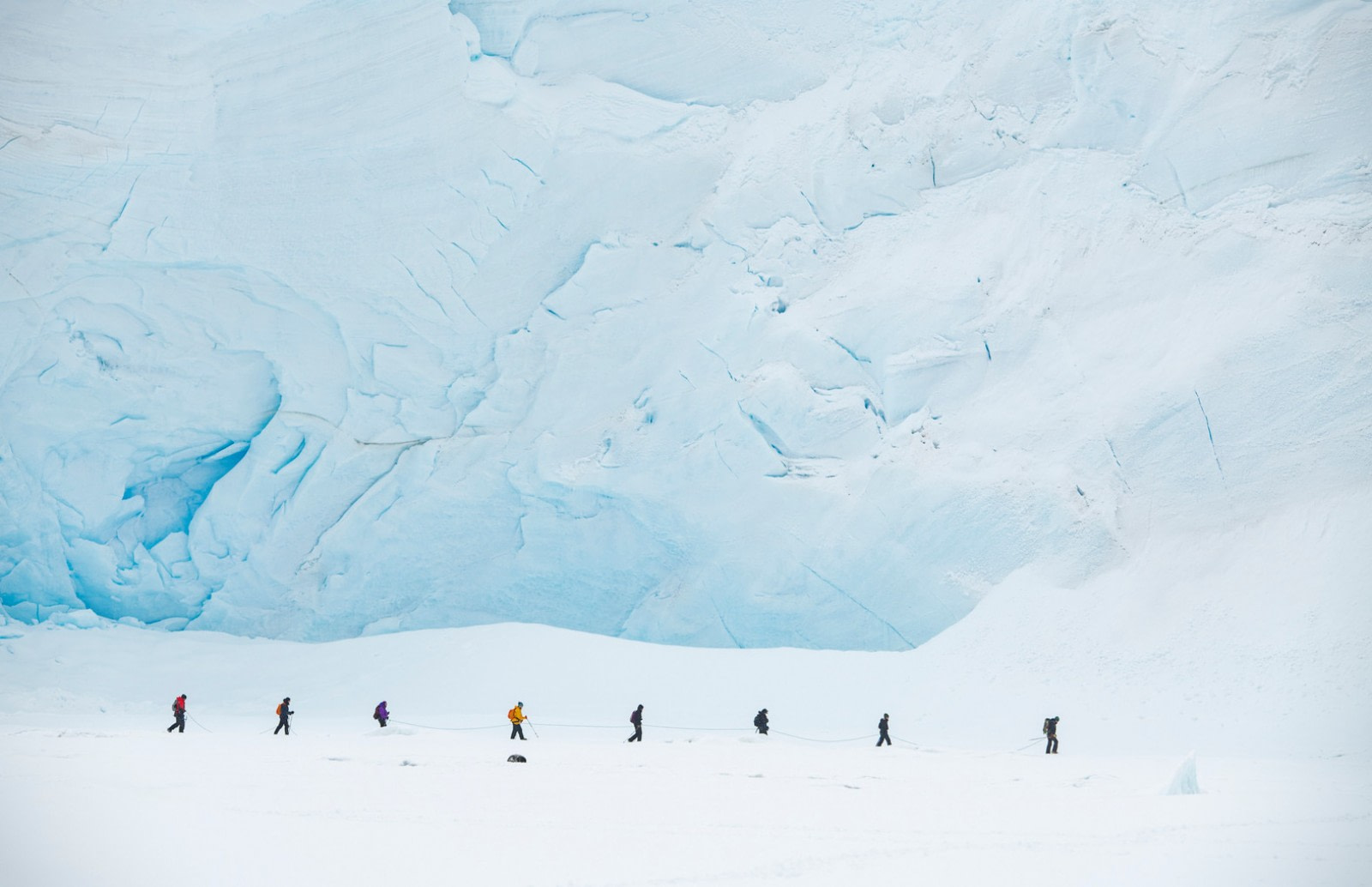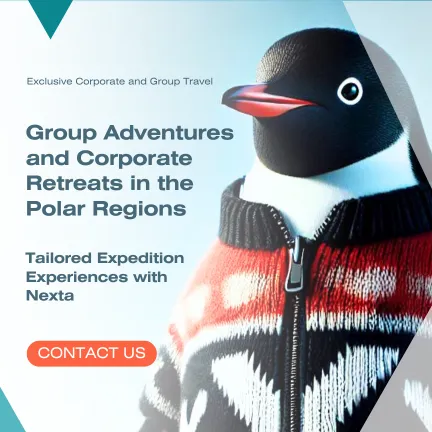Pictures can never truly capture the essence of an experience, and this is especially true for the breathtaking adventures in Antarctica.
As we approach the end of another year, we invite you to join us in celebrating the stunning beauty of Antarctica through this curated collection of photographs from our 2018 expeditions.
We hope these images inspire you until the day you can experience one of these trips yourself.
1. The seabirds of the Drake Passage
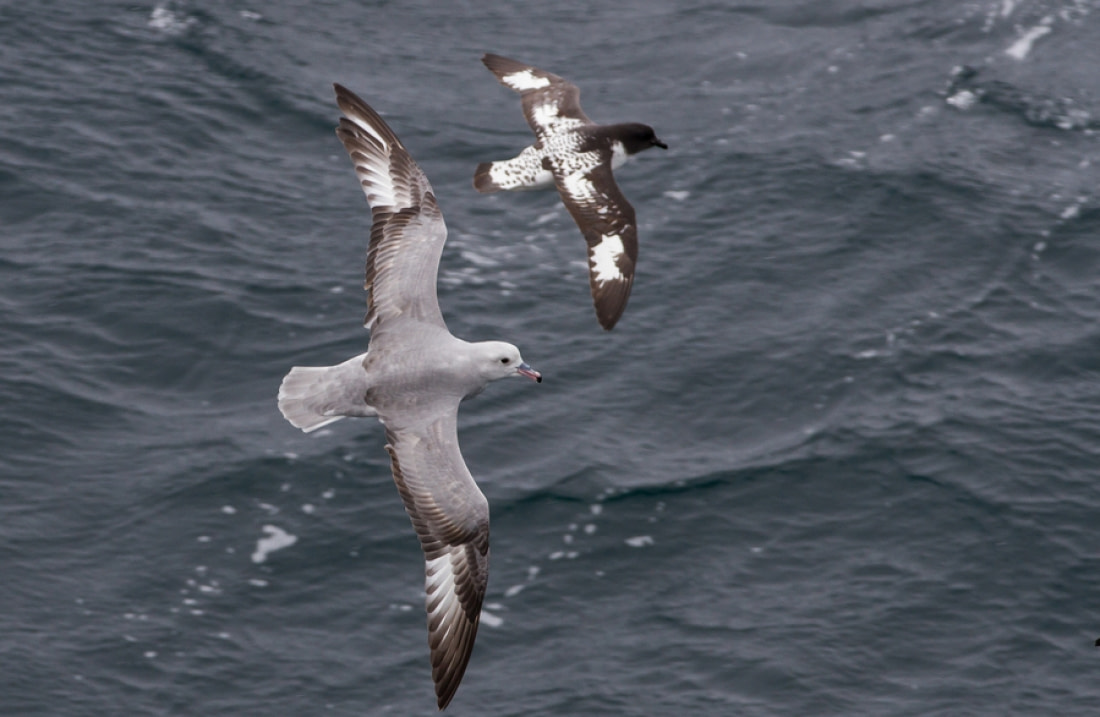
2. Wilhelmina Bay whale spouts
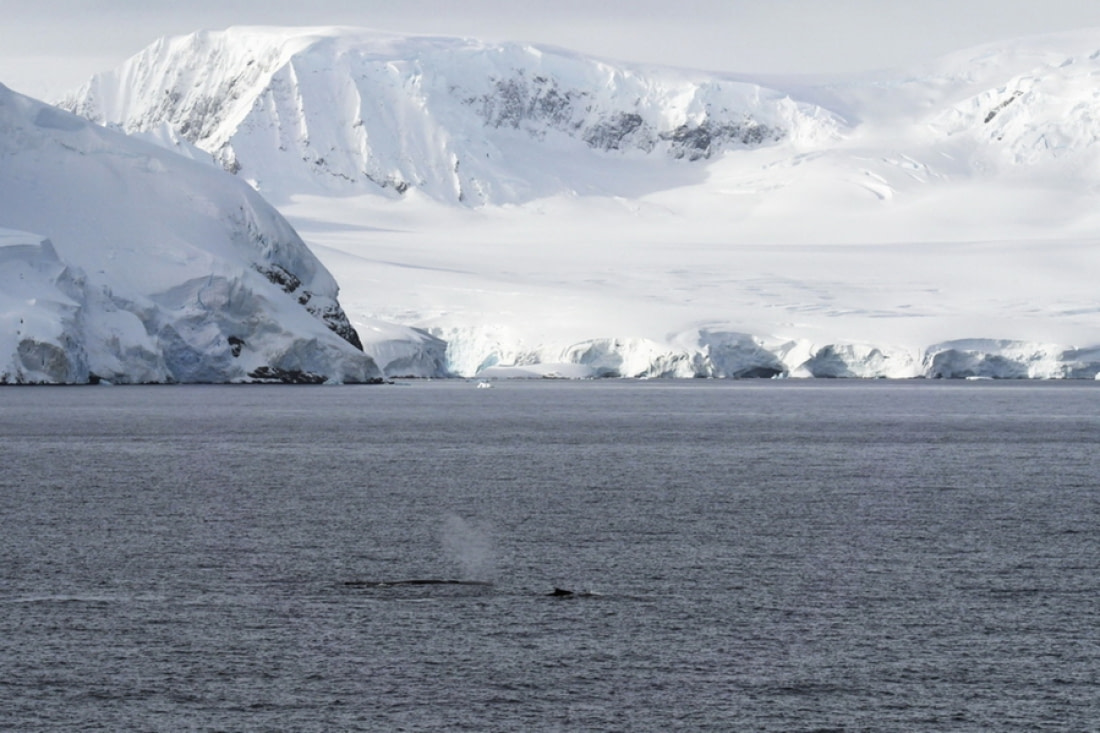
3. Antarctic kayaking at Waterboat Point
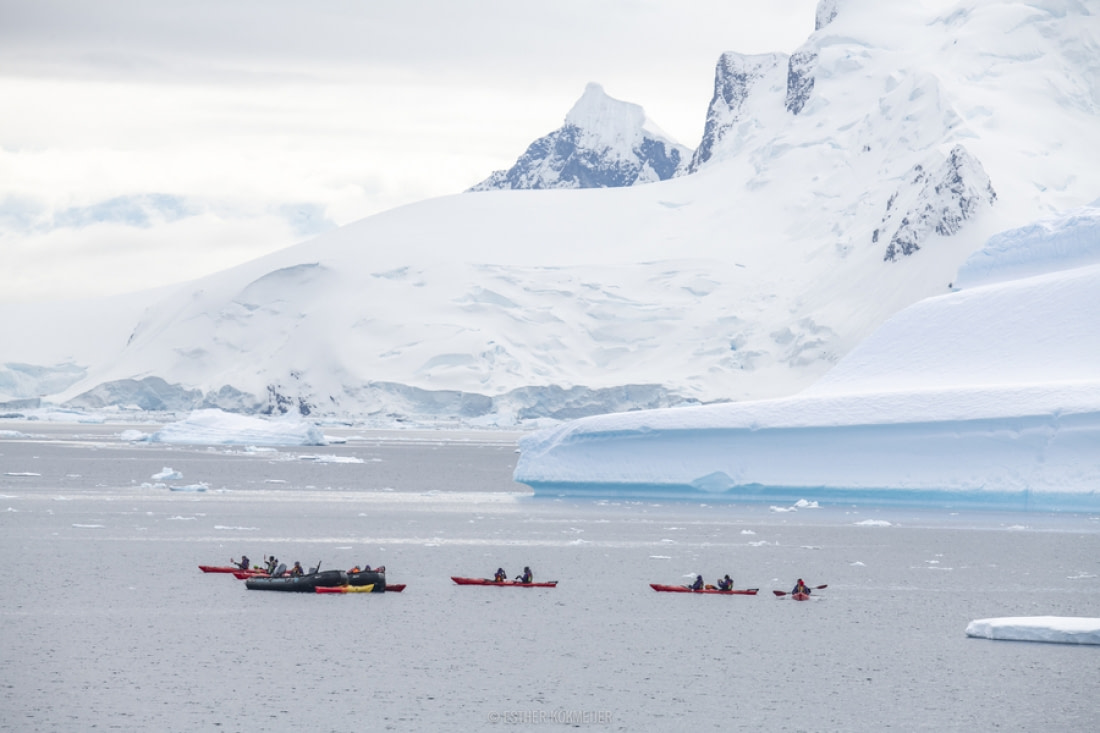
4. A posing chinstrap penguin at Whalers Bay
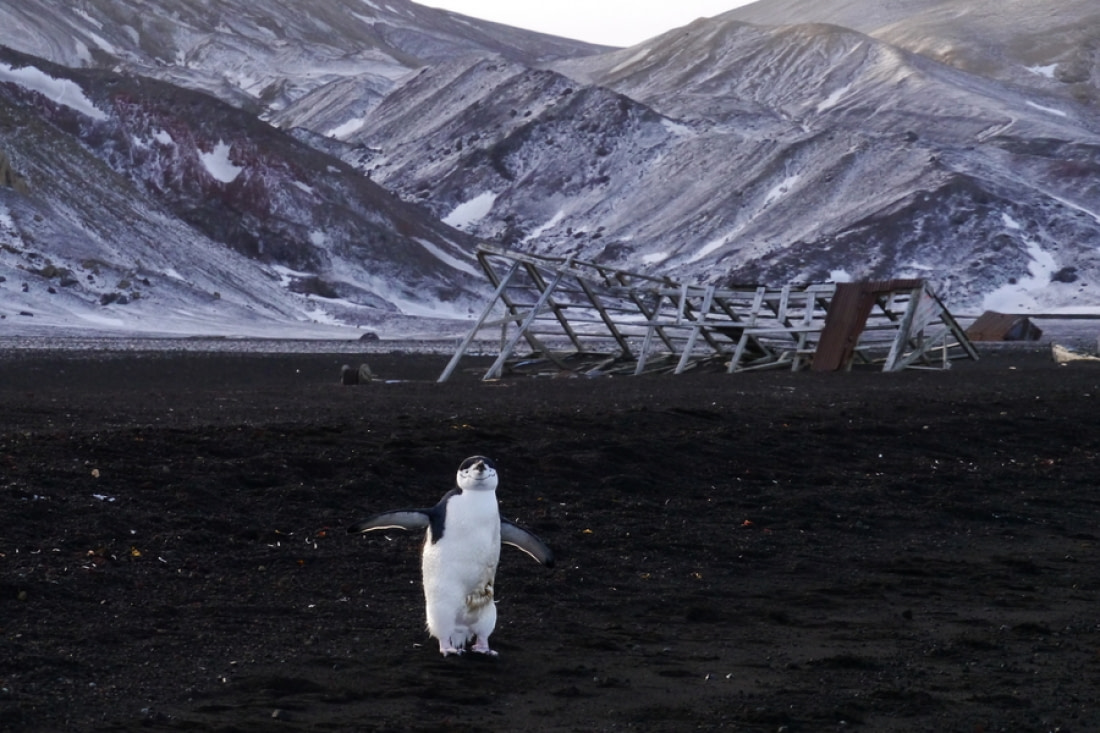
5. Taking a scenic stop at Skontorp Cove
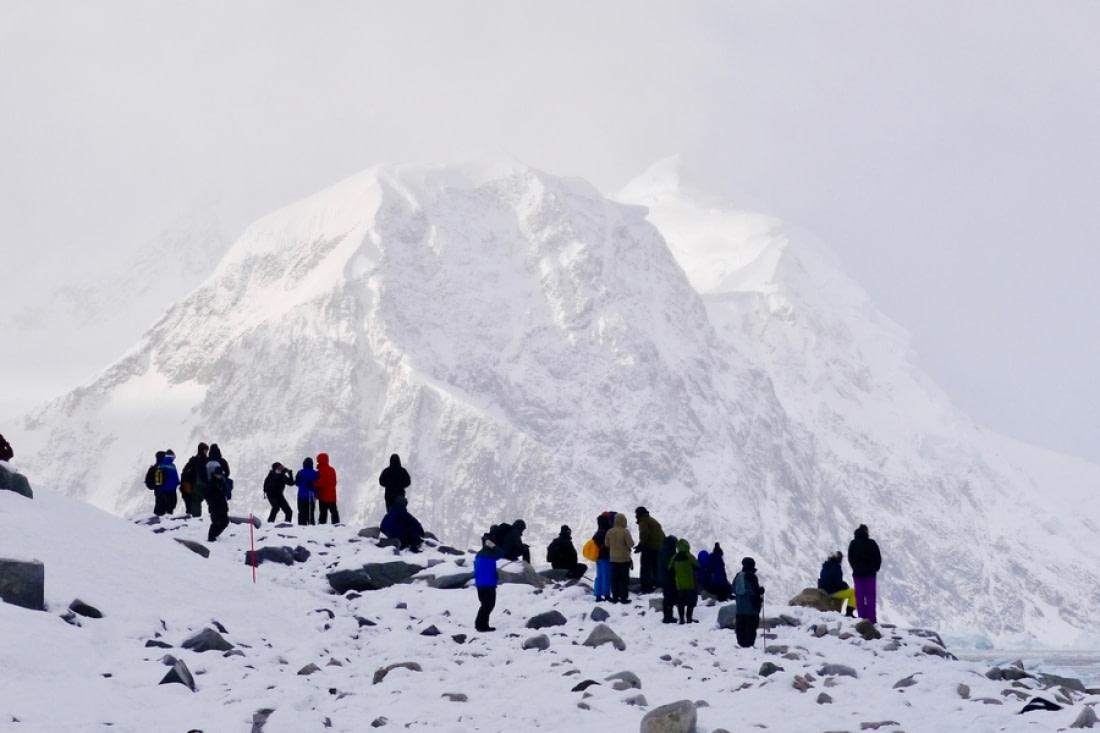
6. Jougla Point glacier-side hikes
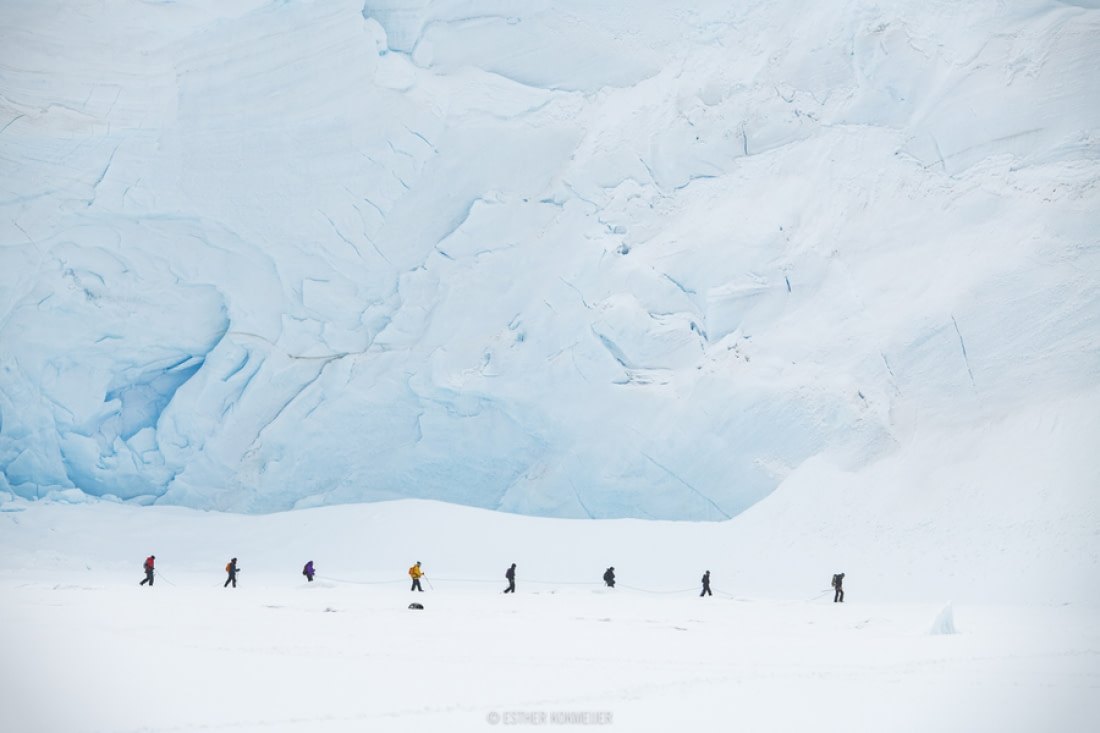
7. A humpback whale at Orne Harbor
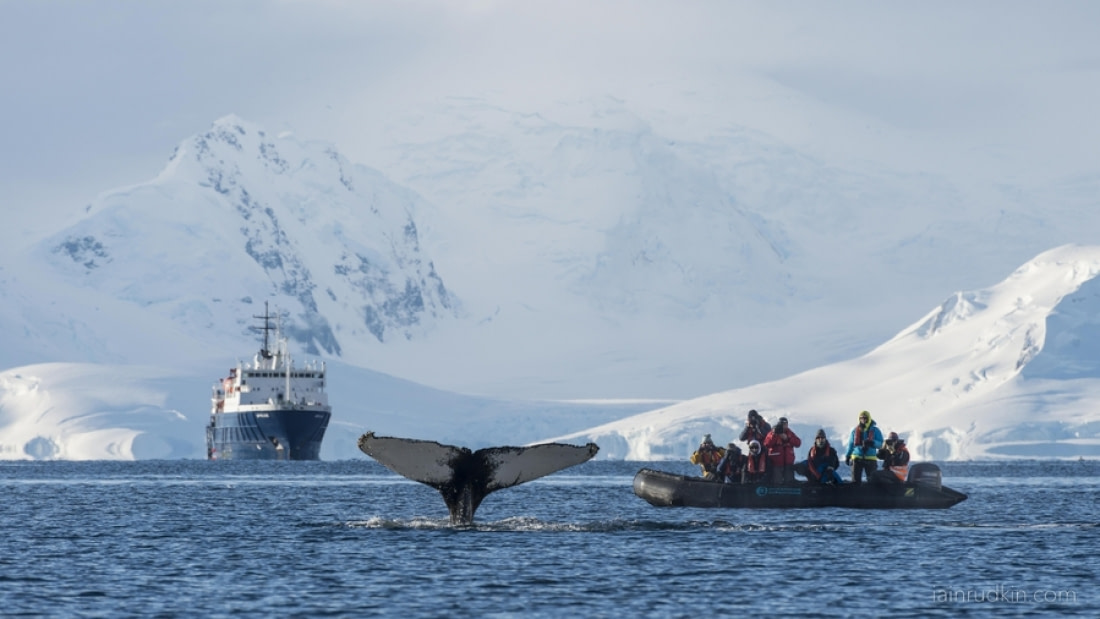
8. Cruising the Antarctic ice pack of Crystal Sound
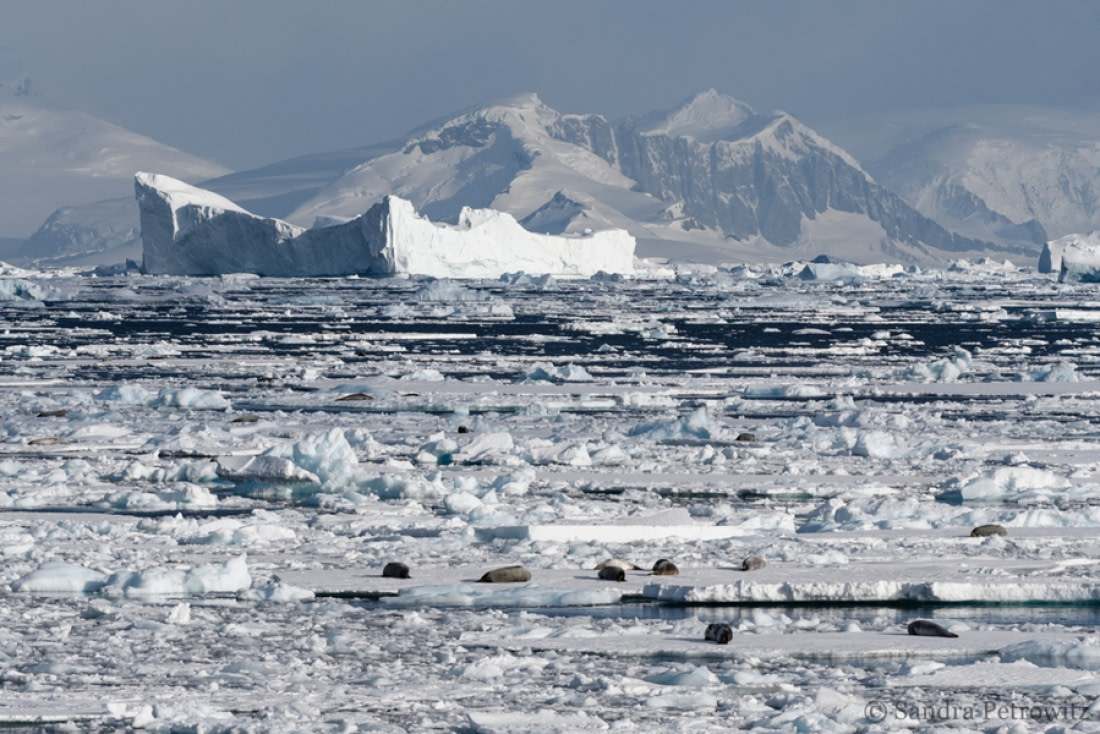
9. The life of a lounging leopard seal
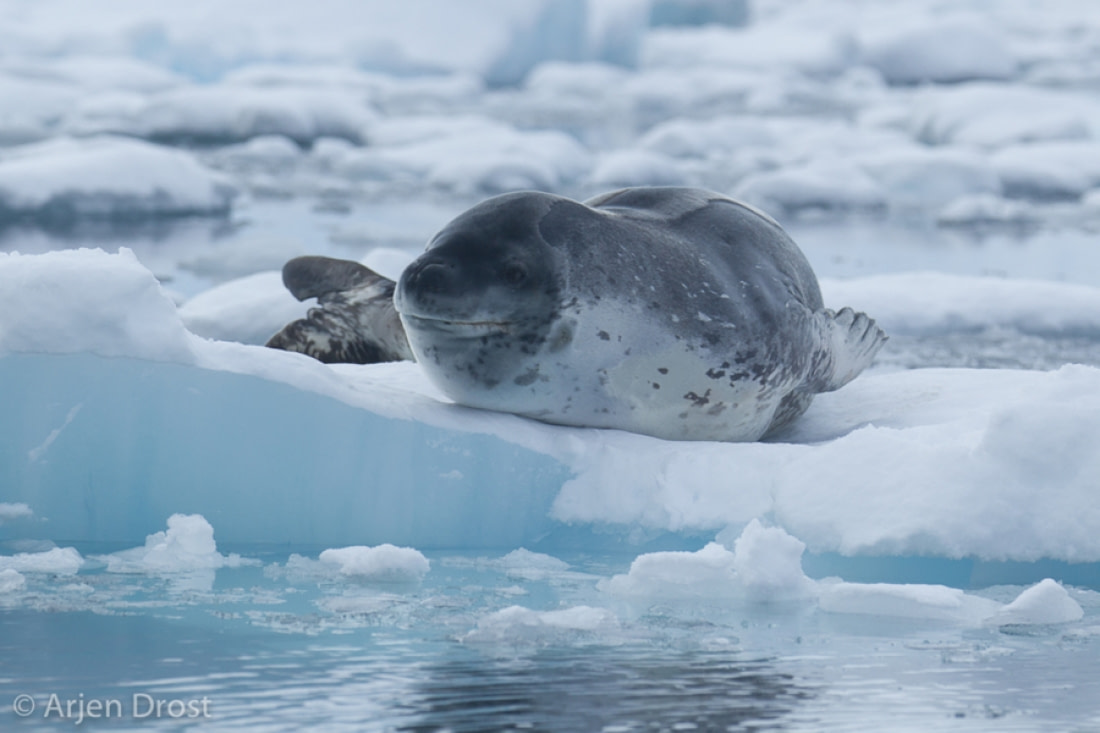
10. Curious gentoo penguins at Cuverville Island
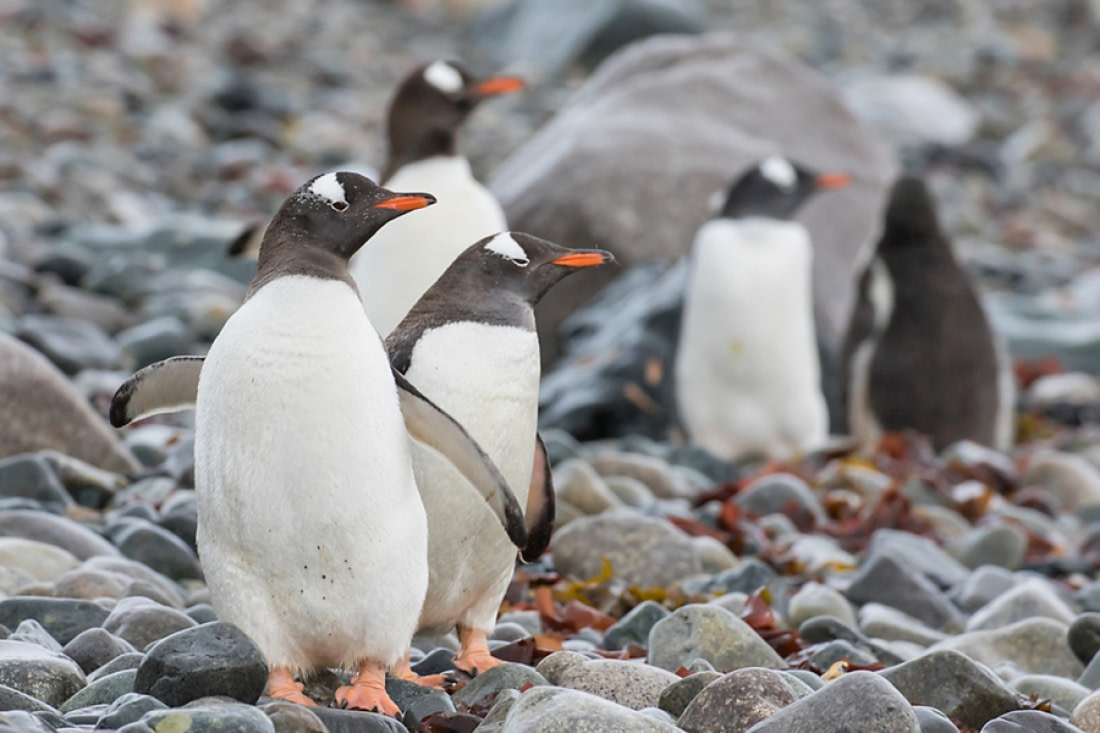
11. Leaping Lemaire Channel crabeater seals
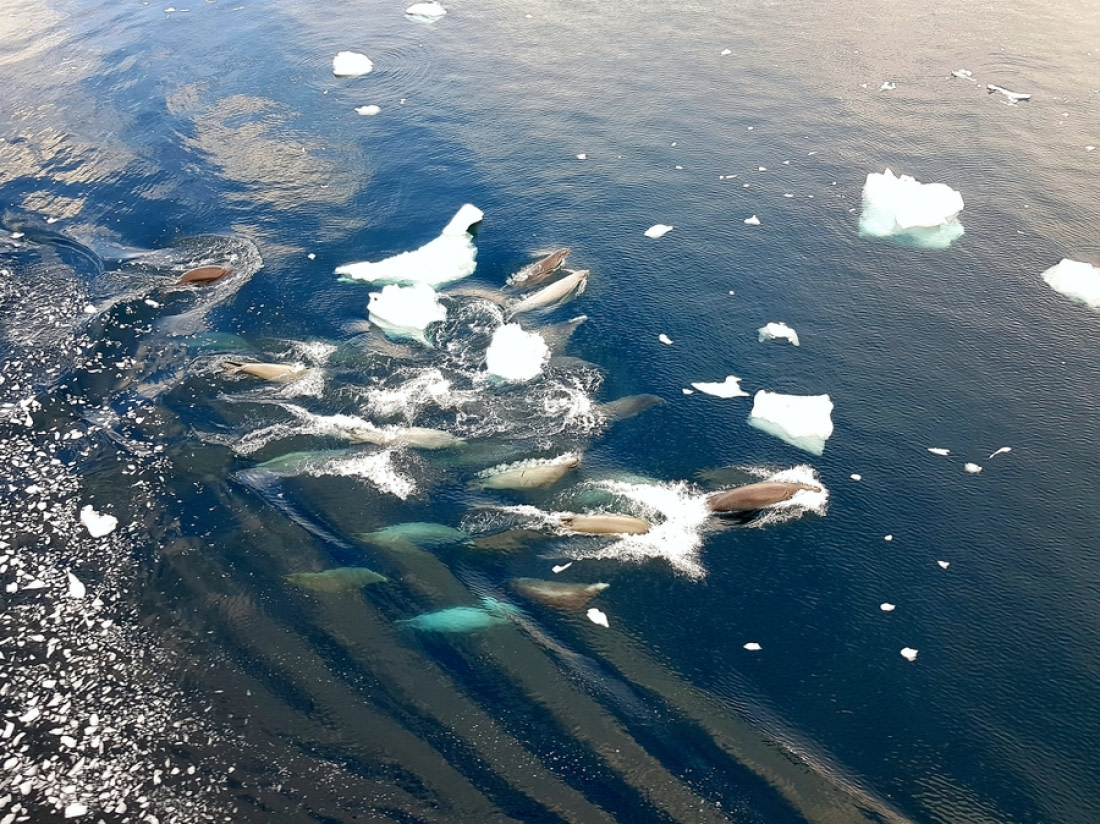
12. A cackling crabeater seal
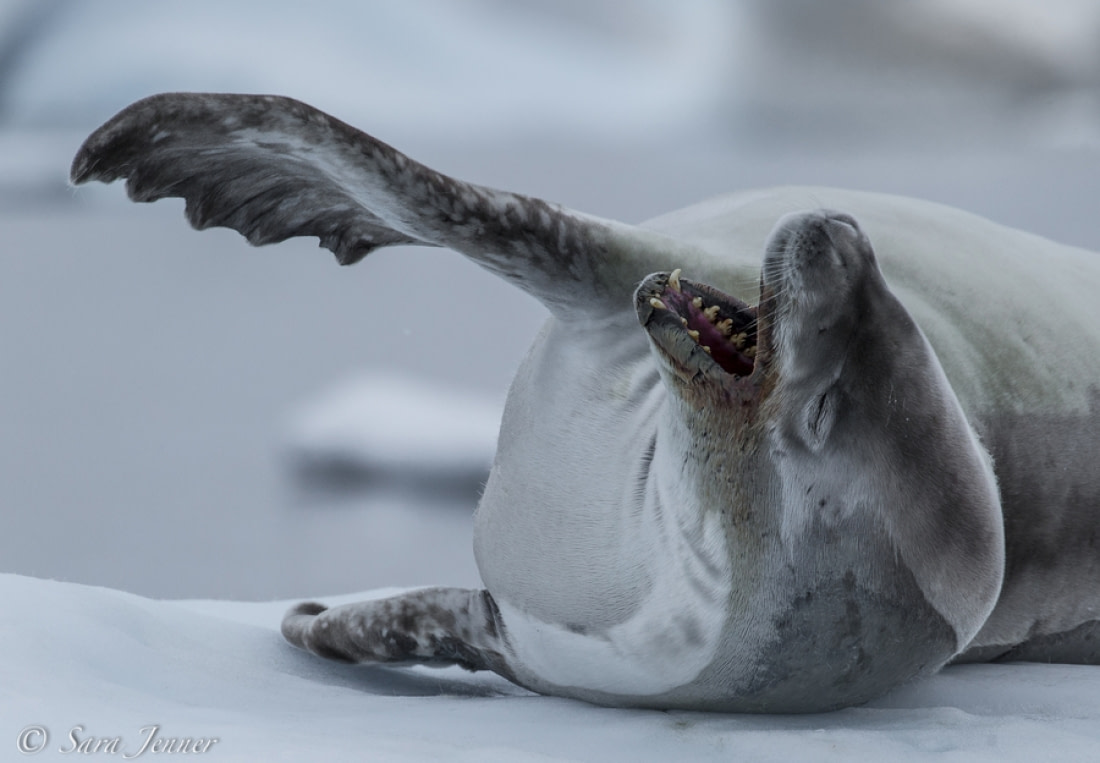
13. Snowshoeing at Antarctica's Brown Station
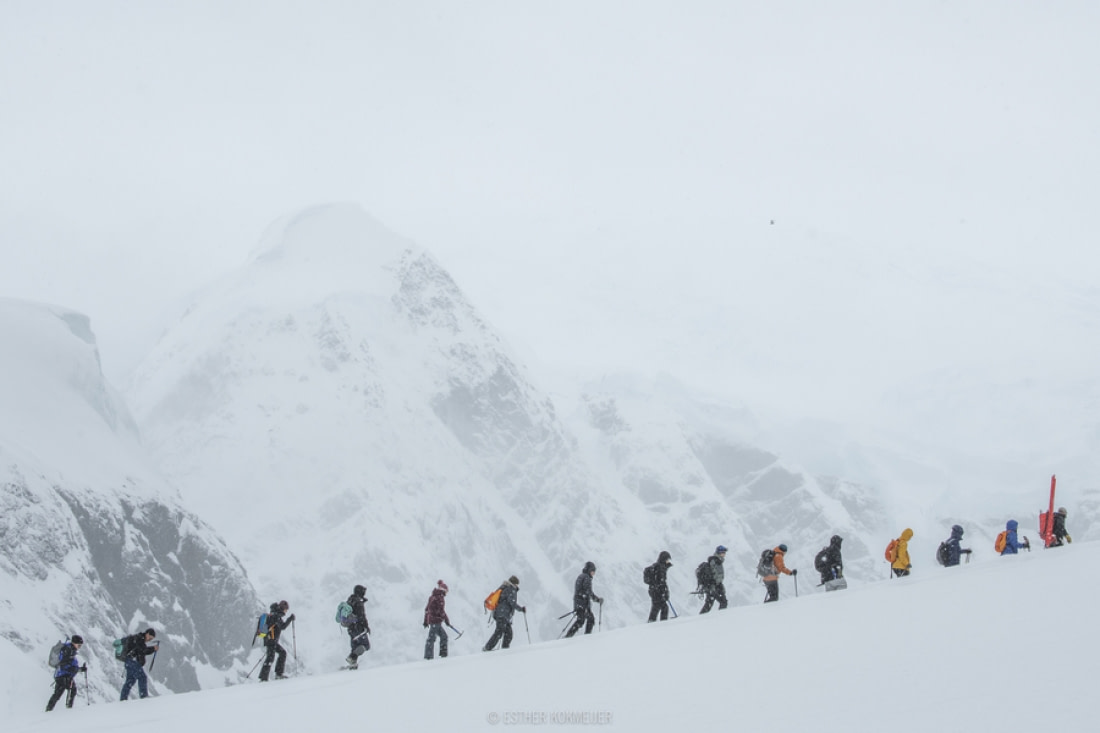
14. An argument between elephant seals
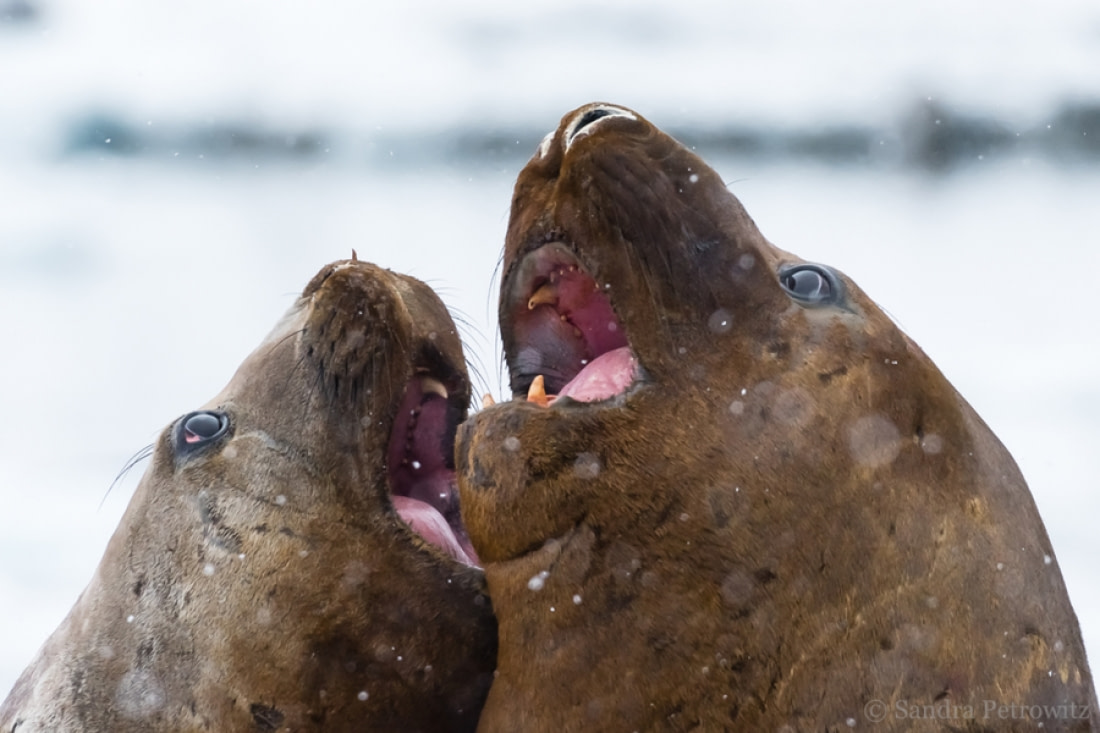
15. Overworked gentoo chicks
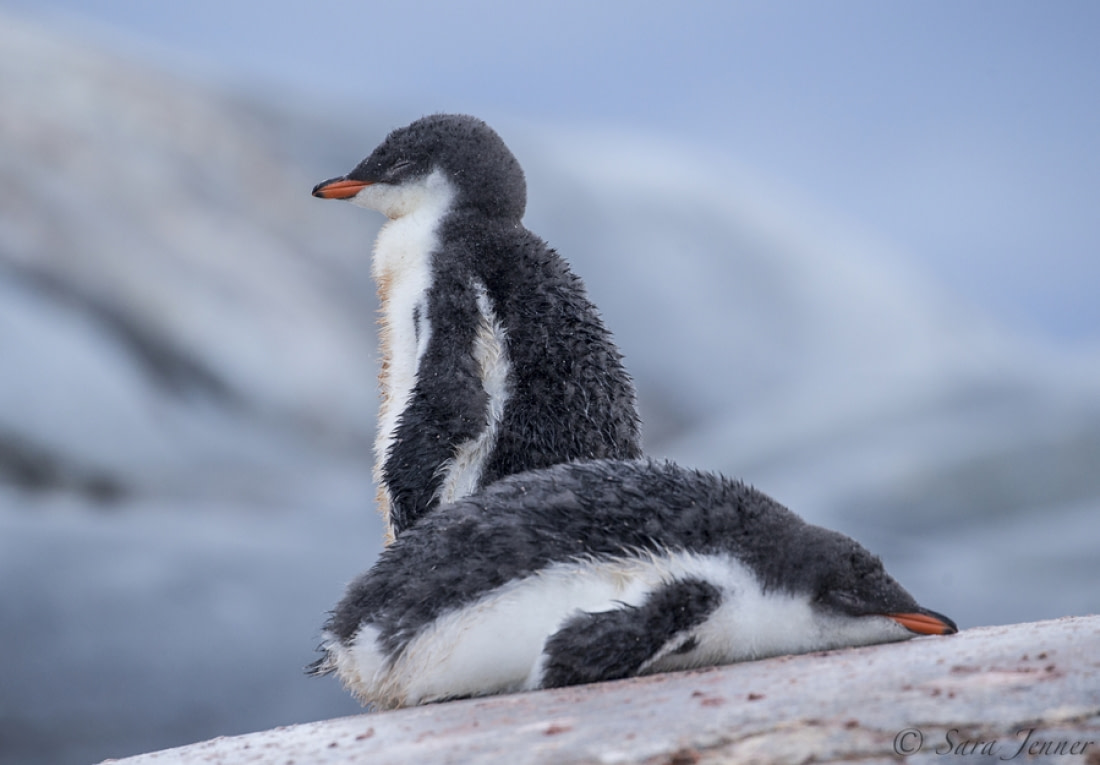
16. Spelling out Antarctica - any way possible
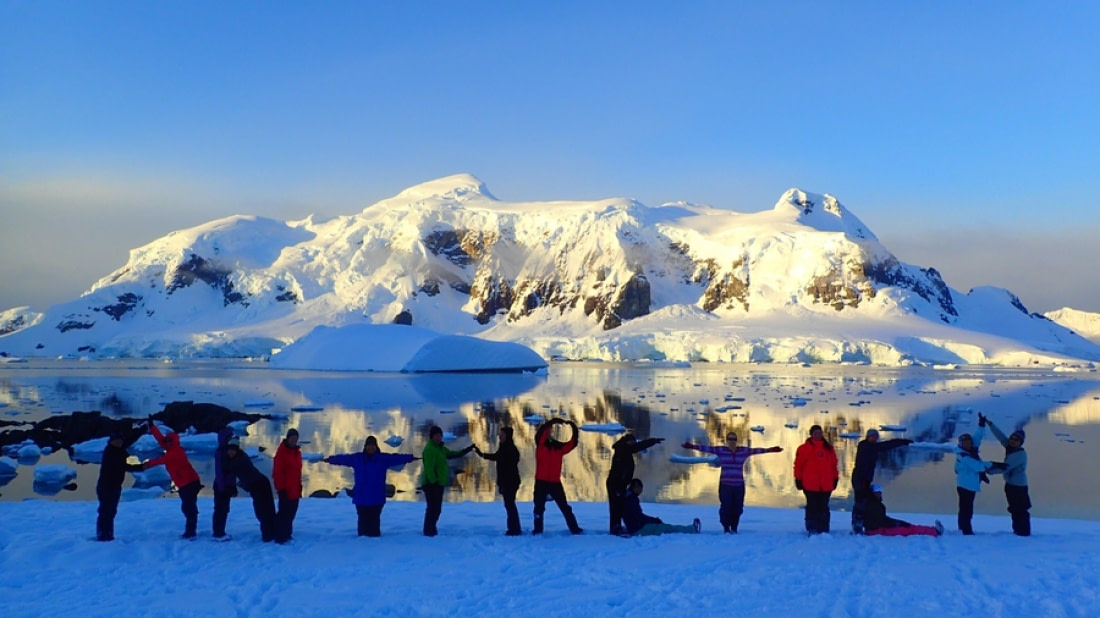
17. Ortelius in the fog of Maxwell Bay
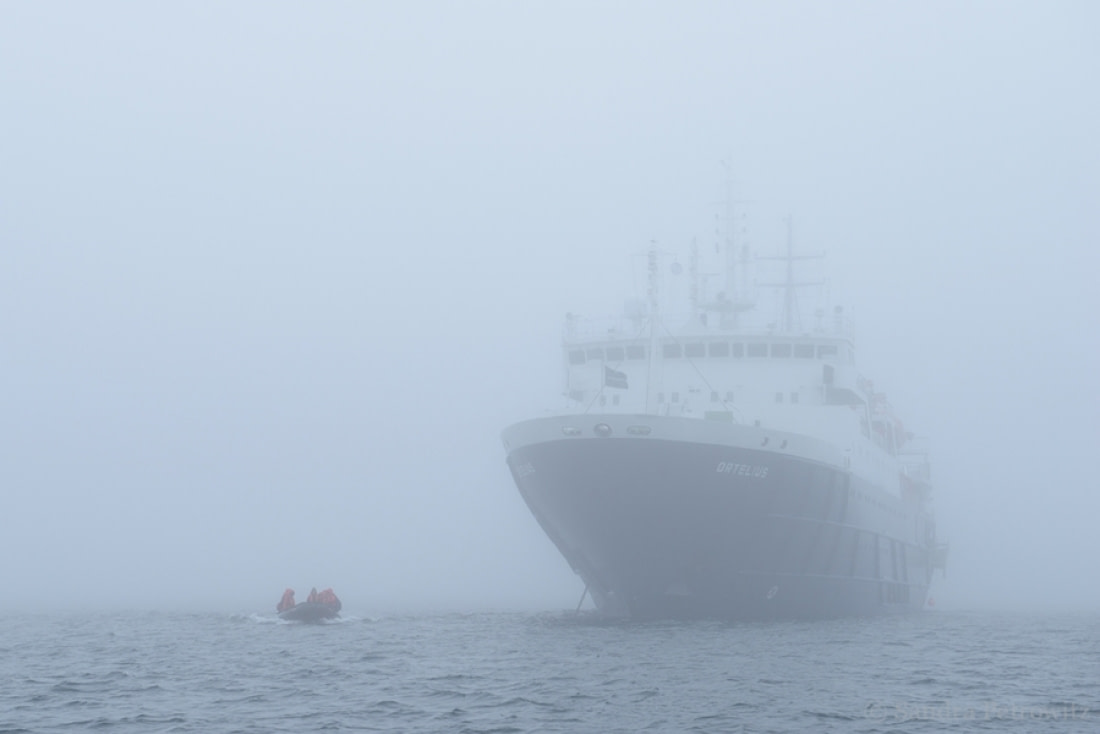
18. Marveling at a minke whale
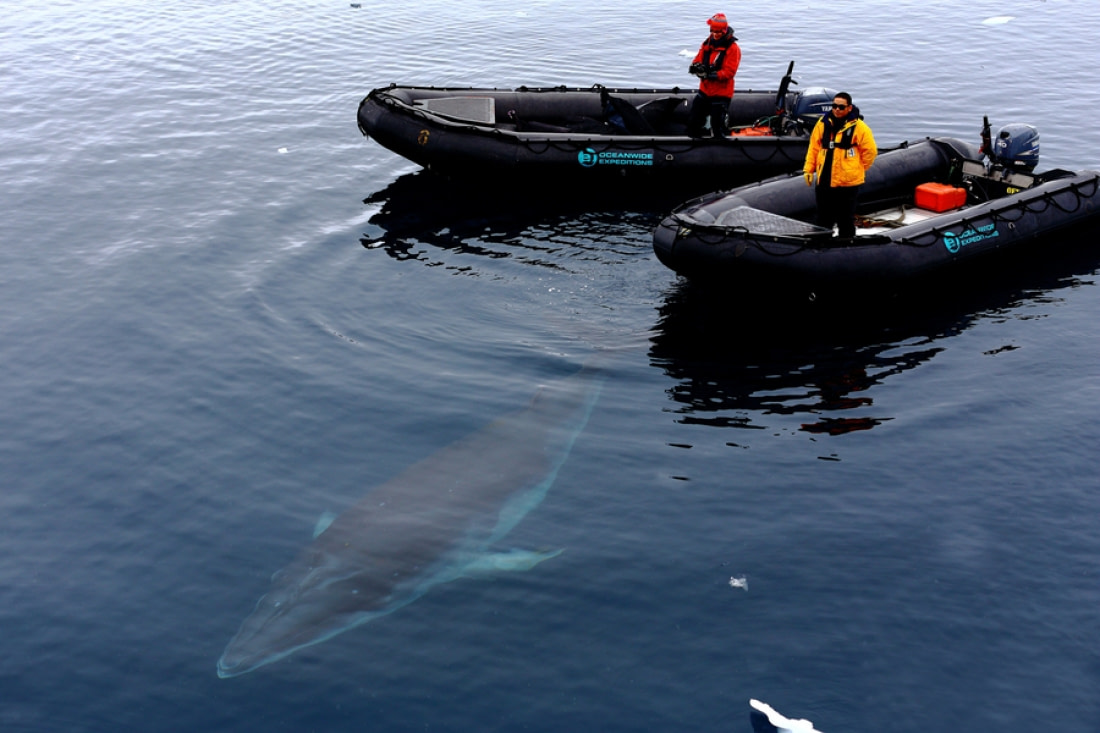
19. A gliding black-browed albatross
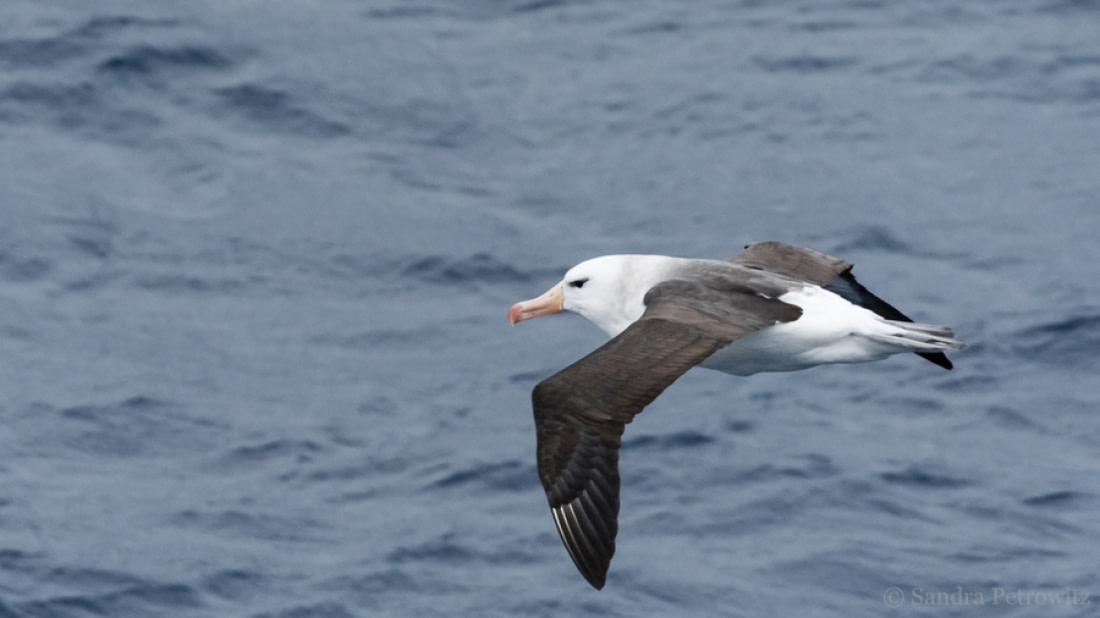
20. Special vows in a special place
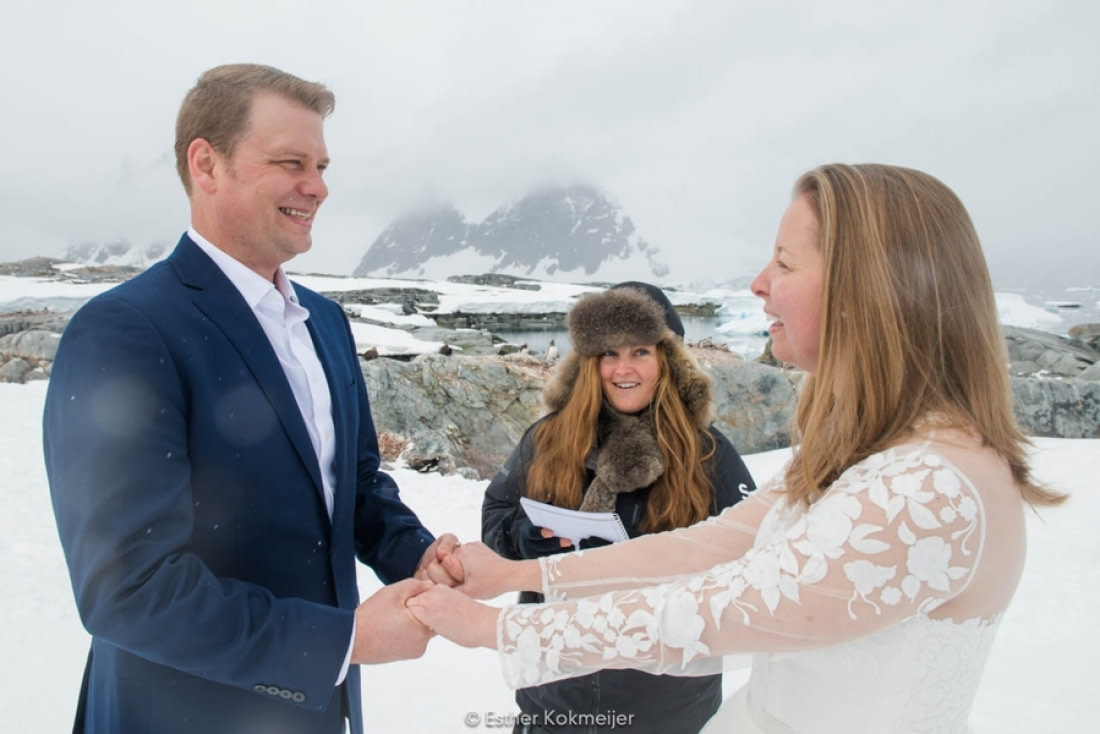
21. Camping under the skies of Antarctica
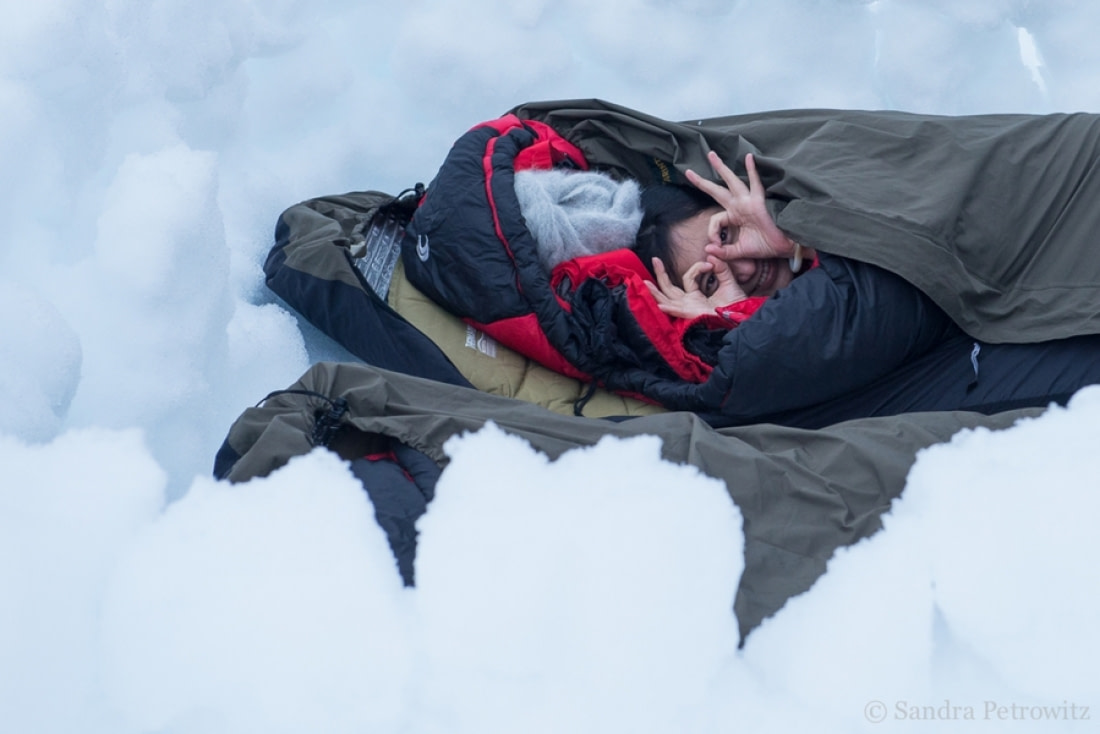
22. A wandering albatross over Antarctic waves
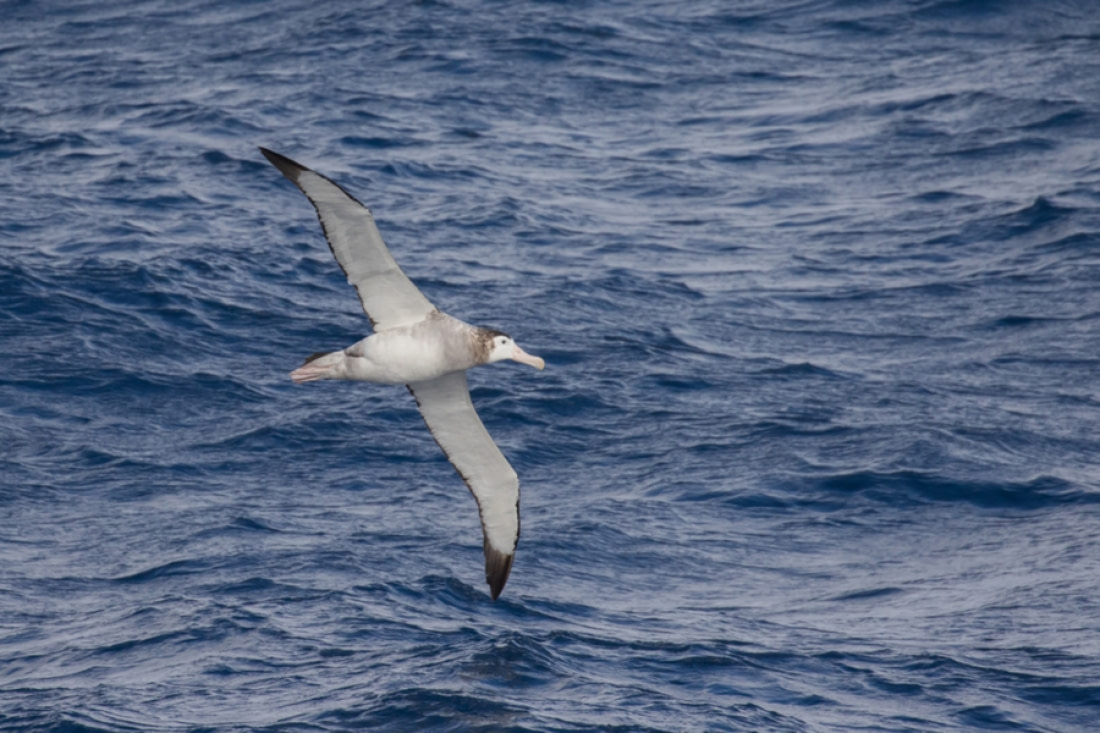
23. Antarctica-style shoreline strolls
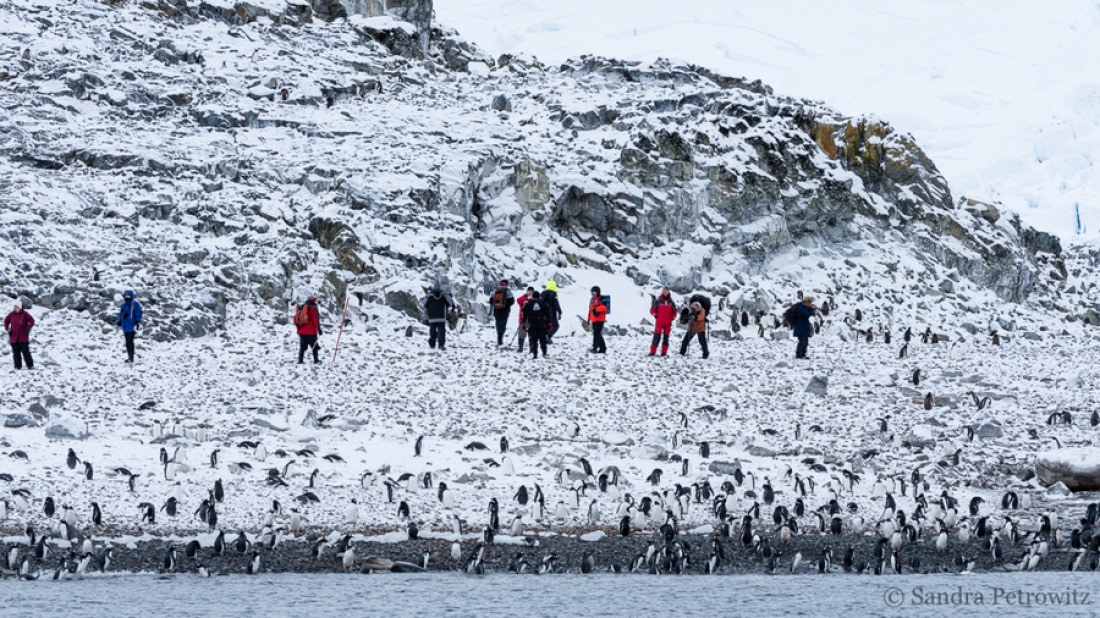
24. Deception Island deep dive
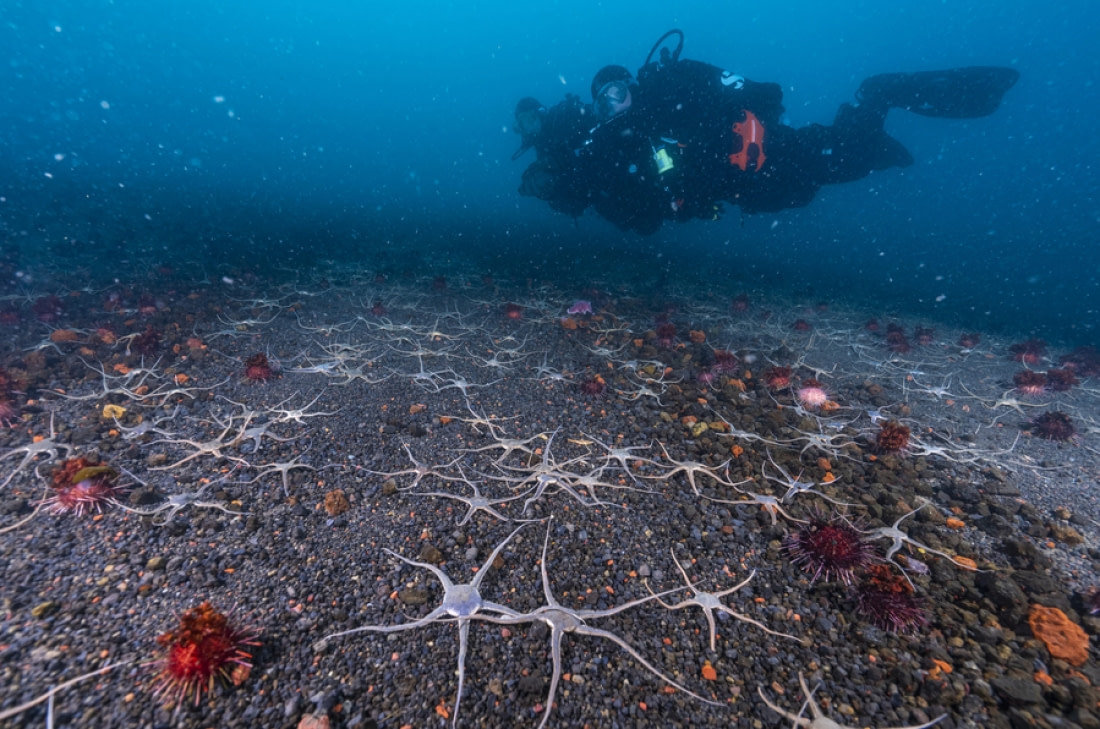
25. The emperor penguins of Snow Hill Island
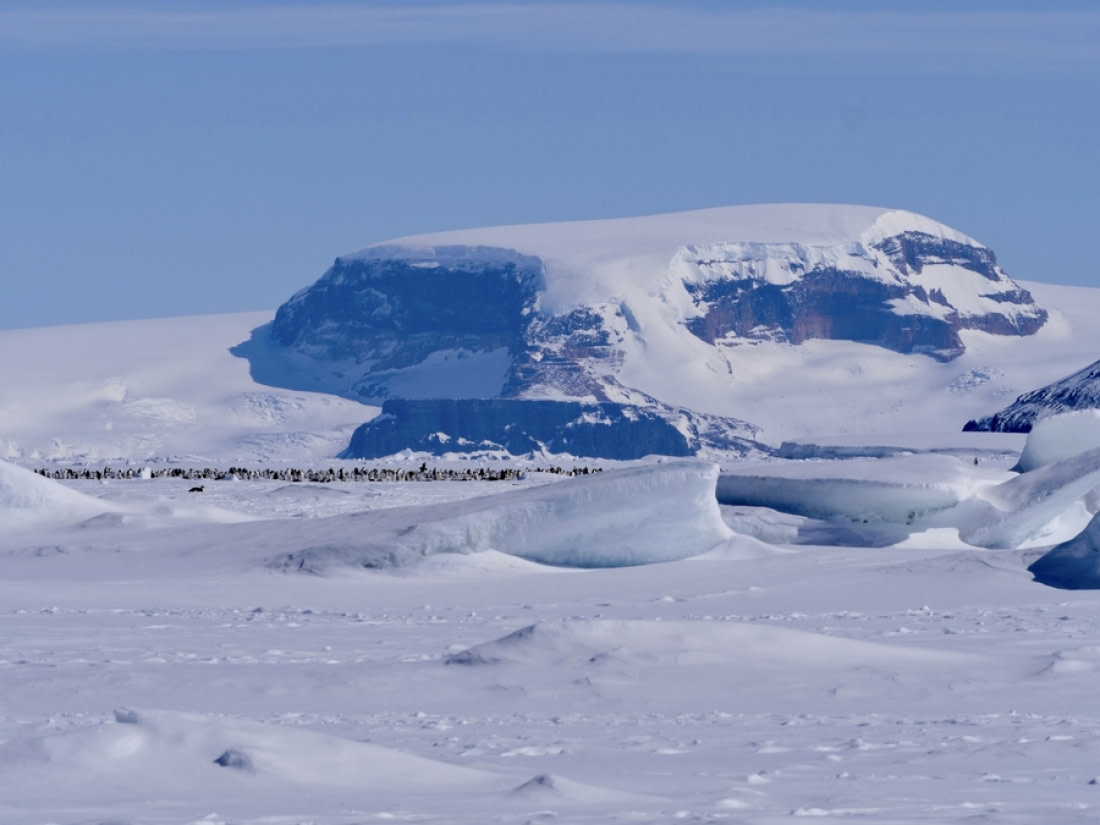
Blog


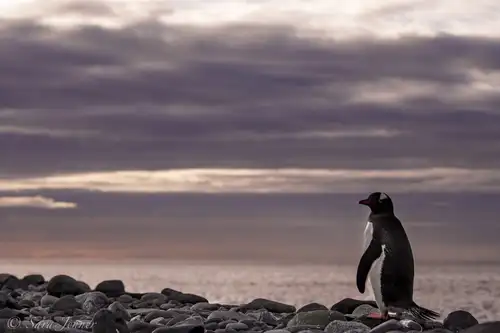
Blog
Penguin Wisdom: Life Lessons from Our Favorite Flightless Birds
As enthusiasts of wildlife travel, we believe every creature has something valuable to impart - from the grand blue whale to the tiny cephalopod, the formidable polar bear to the elusive Arctic fox.
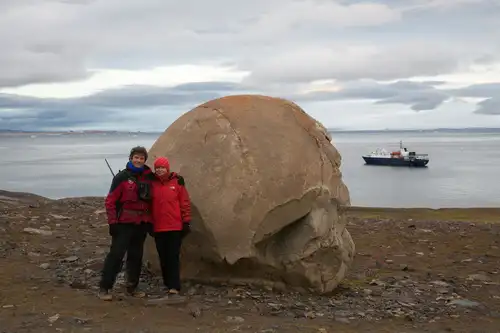
Blog
The Return to Franz Josef Land
As the possibility of international travel slowly returns, we are eagerly awaiting all the great locations, activities, and wildlife we might experience in the coming season. One of the things weâre most excited about is the return of our Franz Josef Land voyages.

Blog
Seven Sublime Antarctic Bays
Antarctica is renowned for its glaciers, icebergs, and panoramic colonies of penguins. However, less known are the stunning crystal-clear bays that dot the Great White Continent, many of which are explored on our Antarctica cruise routes.
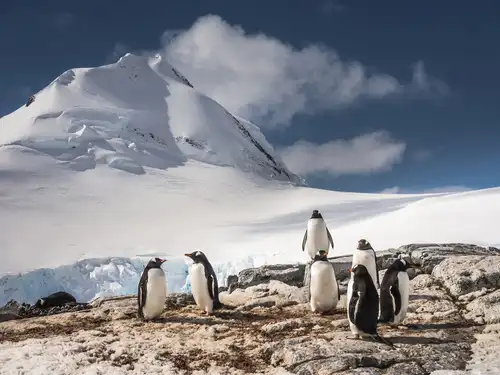
Blog
Antarctica Cities (and Five Other Things That Don’t Exist There)
Why write about what you won't find in Antarctica? Most travel blogs highlight what a destination offers, but many polar tourists visit Antarctica to experience a new world and escape their old one.
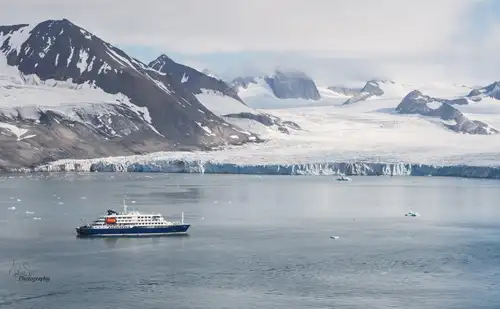
Blog
What’s so Special about East Spitsbergen?
Weâve previously discussed our north Spitsbergen journeys and Spitsbergen circumnavigations, but the eastern parts of this incredible island have not received the attention they deserve. Despite the name, our east Spitsbergen voyages explore much more than just the eastern side of Spitsbergen.
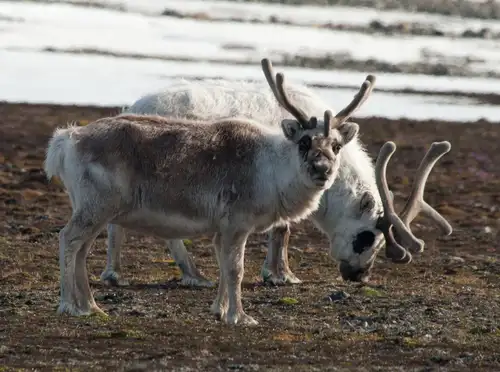
Blog
Amphibian, reptiles and herbivore mammals in the Arctic
Arctic ecosystems are relatively young in geological terms, having primarily developed over the past three million years. Generally, species richness is lower in the Arctic compared to more southerly regions, aligning with scientific observations that biodiversity decreases from the Equator to the poles.
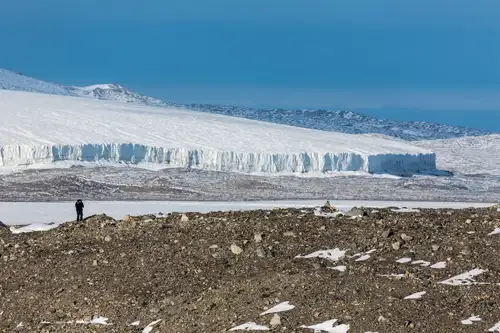
Blog
The Secret Life of Glaciers: How They Form, Move, and Melt
One of the most awe-inspiring natural wonders you can witness on an Arctic or Antarctic expedition is glaciers. These immense ice formations have been gradually moving from the mountains to the oceans for countless years, acting as both time capsules and indicators of our rapidly changing environment.
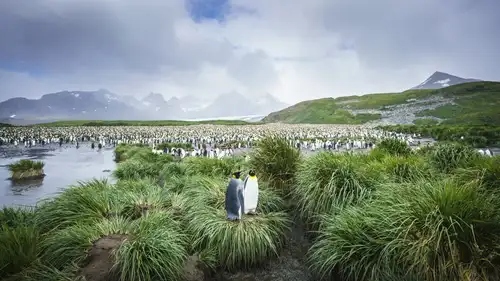
Blog
The South Georgia Seven: Hikes, Fjords, Whales, & Penguins
Few places encapsulate such a staggeringly rich assortment of sub-Antarctic scenery, wildlife, and outing opportunities as South Georgia.
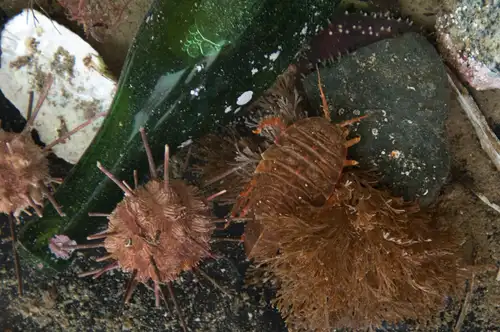
Blog
Deep Sea Dwellers: 10 Facts about The Antarctic Giant Isopod
On average, the Giant Antarctic Isopod grows to 9cm (3.5in.) in length. This may not seem very large, but factors including low light levels, freezing cold water, and a lack of oxygen prevent these isopods from growing very large. Other species of isopods, including the Giant Isopod, have been known to grow up to 40 cm (16 inches) in length!
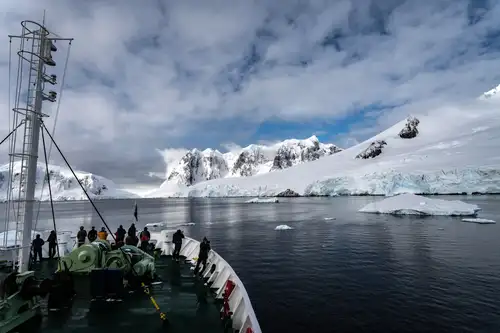
Blog
12 Things to Do in Antarctica
Traveling to Antarctica is unlike traveling to any other place on Earth.
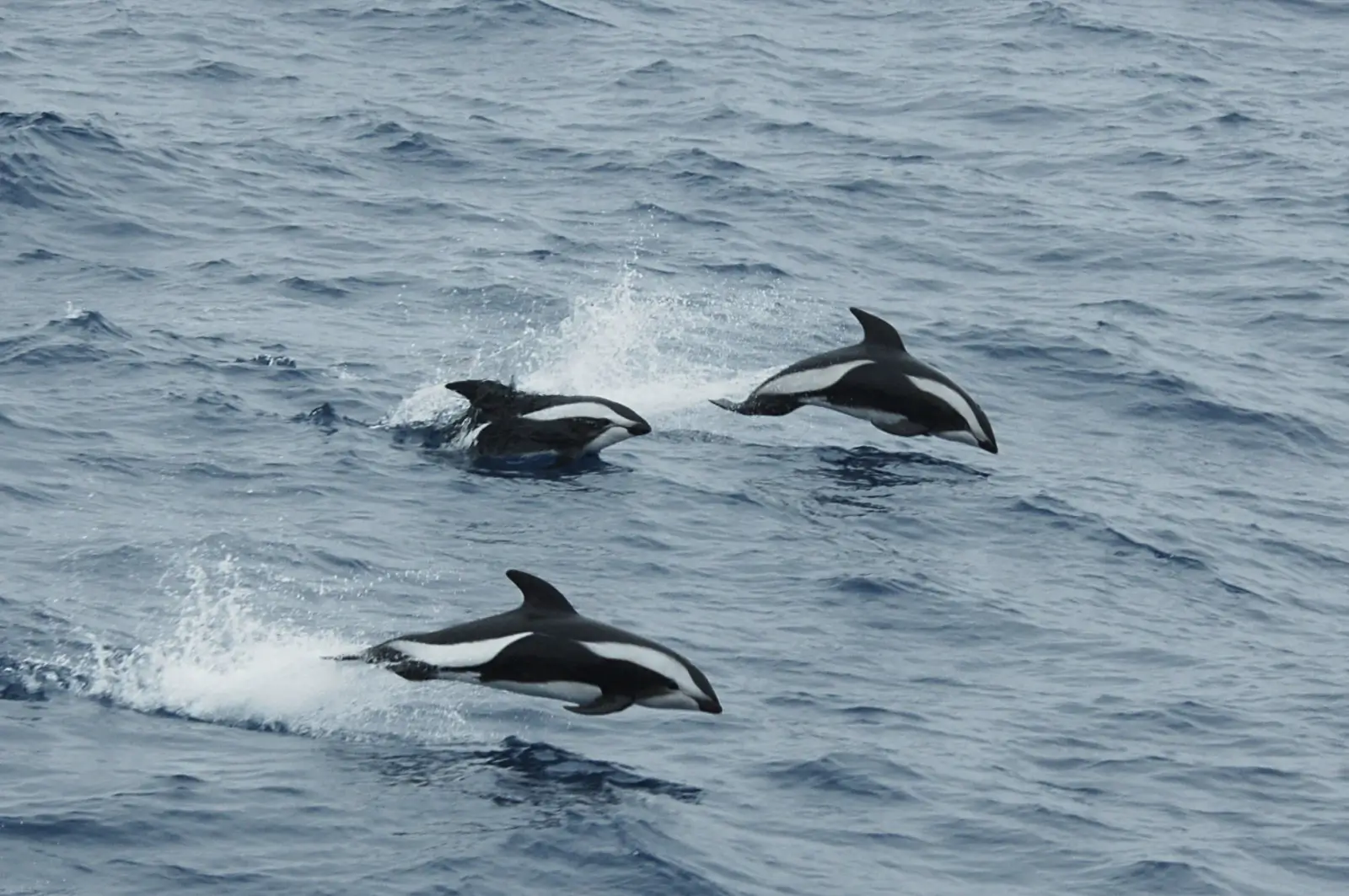
Blog
Antarctica’s Hourglass Dolphin
Though hourglass dolphins are especially rare, theyâre actually not a threatened or endangered species.
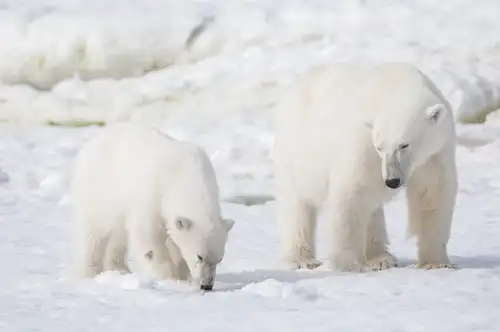
Blog
The polar bear: king of the Arctic food chain
As apex predators, polar bears reign supreme in the Arctic food chain. Only humans pose a threat to this massive and majestic species. But one look at these magnificent creatures explains why so many people embark on Arctic trips hoping to spot a polar bear in its natural habitat.
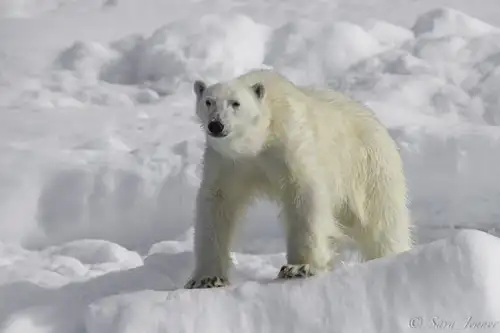
Blog
International Polar Bear Day
It will come as no surprise to you that we're crazy about polar bears. We have multiple blogs about where to find polar bears, we offer dozens of polar bear trips, and we've even written a short story from a polar bear's point of view. (Yes, we actually did that.) So if you were to say that our love of polar bears borders on obsession, you wouldn't be far off.
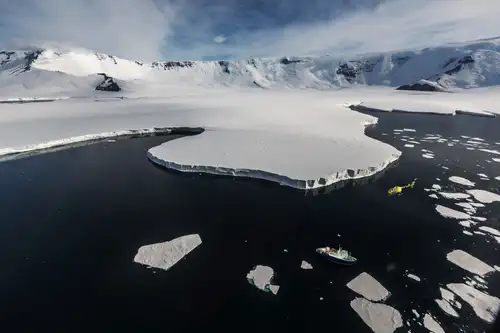
Blog
Taking a polar expedition cruise delivers no shortage of show-stopping highlights, but one of the most exhilarating is lifting off from the ship in a helicopter and taking flight over the incomparable Antarctic wilderness.
Embarking on a polar expedition cruise offers a plethora of breathtaking experiences, but one of the most thrilling is taking off from the ship in a helicopter and soaring over the stunning Antarctic wilderness.
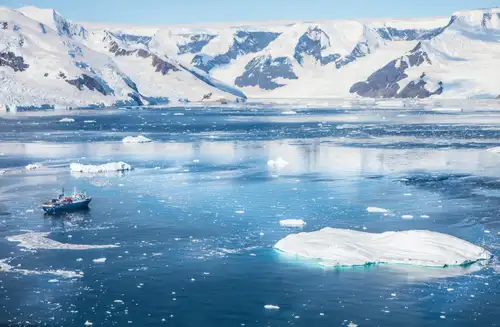
Blog
The first race to the South Pole in 50 years
Before the South Pole could be reached, the question was what exactly lay at the southern ends of Earth. The concept of Terra Australis Incognita, an unknown continent, was first introduced by Aristotle, who reasoned that a southern landmass must exist to âbalanceâ the known lands in the northern hemisphere.
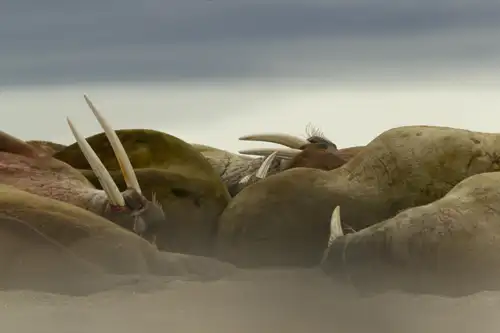
Blog
15 Toothy Facts About the Atlantic Walrus
The walrus is one of the most recognizable animals on the planet, and for good reason. Try sneaking into a cinema with those tusks!
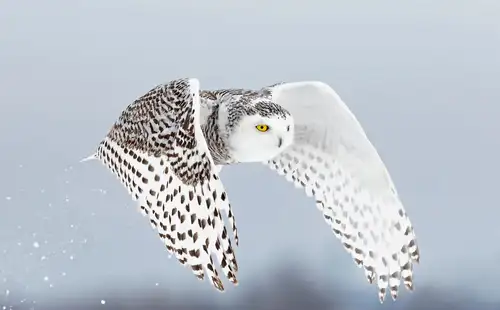
Blog
Secrets of the Snowy Owl: Habitat, Adaptations, and Other Facts
The snowy owl (Bubo scandiacus), also known as the great white owl or Arctic owl, is one of the most distinctive bird species on the planet. While you wonât find them in all areas of the Arctic â they donât exist in Svalbard due to the lack of lemmings â snowy owls are seen in the polar regions of Eurasia and North America and are a potential visitor during Greenland cruises. The binomial species name, âscandiacus,â is derived from Scandinavia, as this is where the bird was first discovered. The snowy owl is the official bird of Quebec, and they are a must-see for countless bird watchers and naturalists.
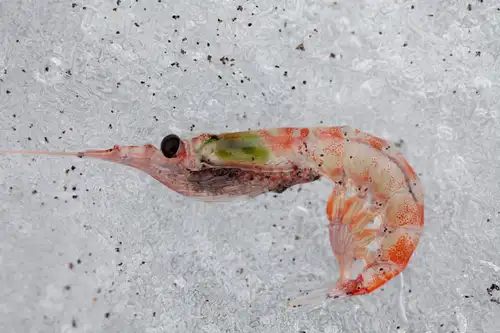
Blog
Antarctic krill: Antarctica's Superfood
The size of a paper clip, pink, krill is a shrimp-like crustacean that does not look like much. Without them, though, the Earth's marine ecosystems would collapse completely.
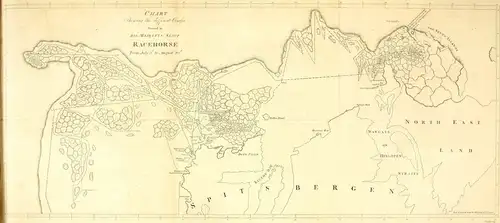
Blog
First to the North Pole: Five Failed but Brave Expeditions
Being first to reach the North Pole was seen by several nations as economically invaluable due to the open polar sea said to encircle it, but for the explorers themselves it was also a gloriously adventurous grab for immortality.
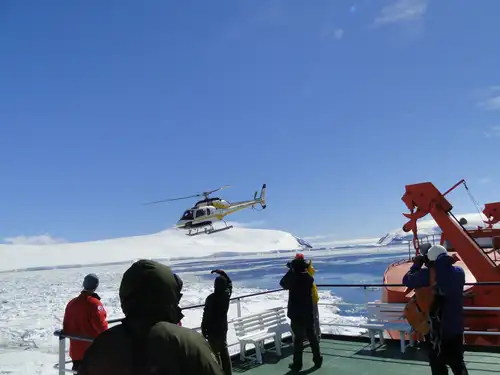
Blog
The Wonderful Weddell Sea: Places, Pics, and Impressions
When we talk about Antarctica, itâs easy to slip into familiar words: amazing, astounding, extraordinary, exceptional. And though most Antarctic locations more than deserve these descriptions, some deserve them more than others.



